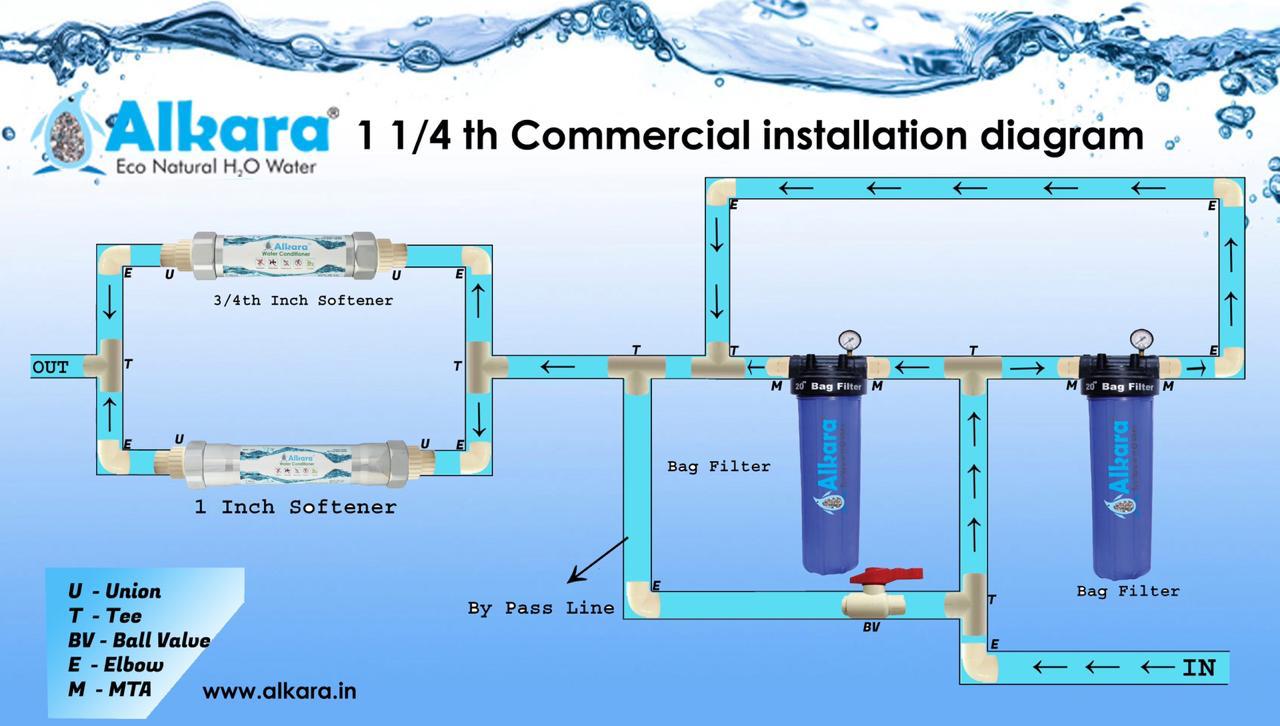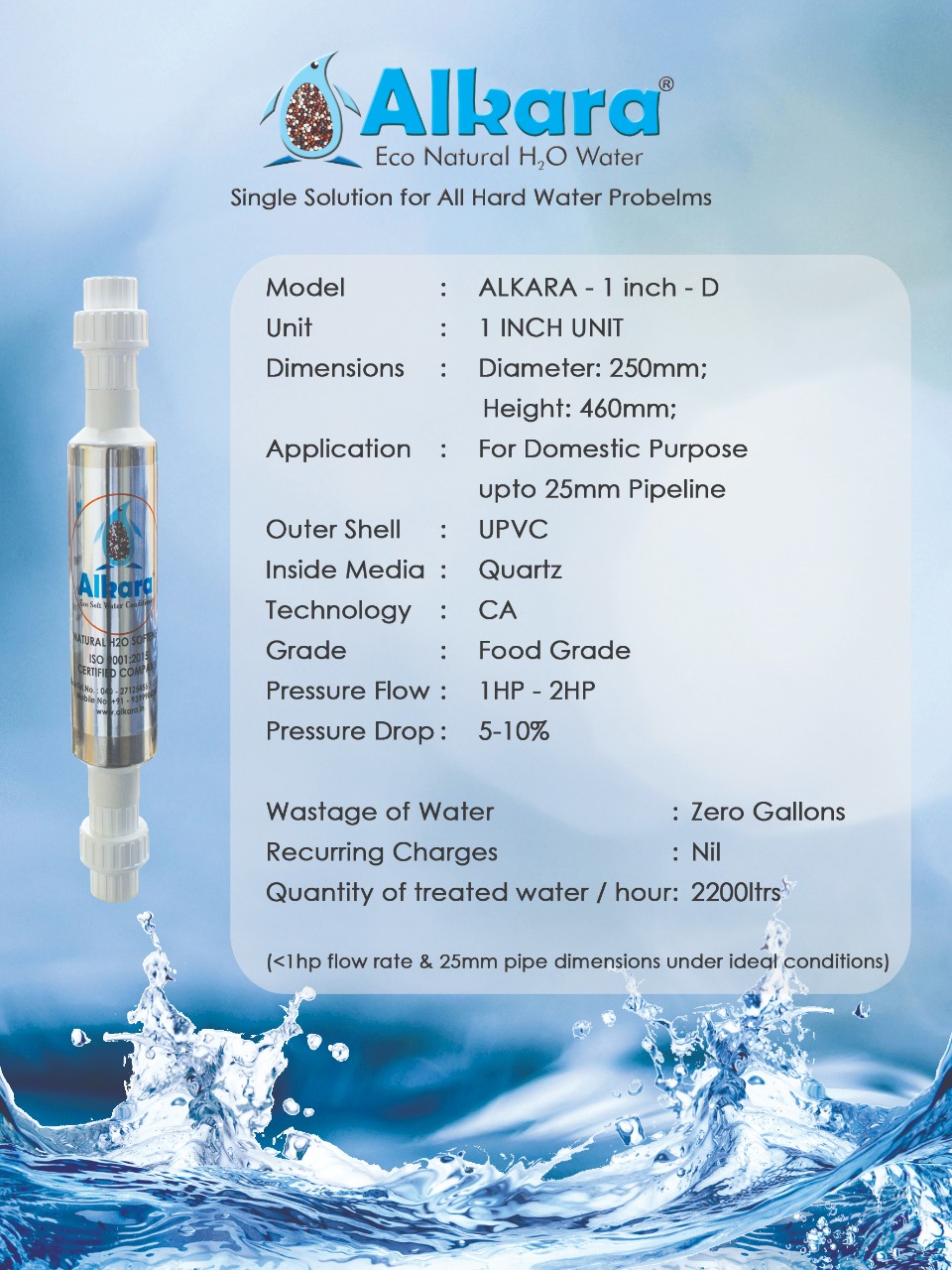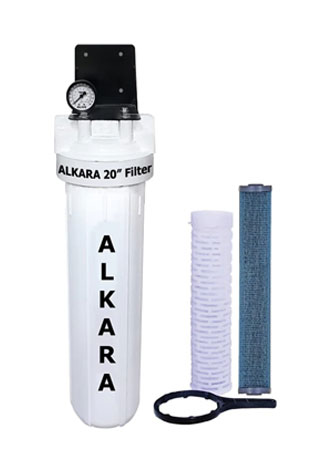Water Softener Suppliers
Water Softner
Softened water still contains all the natural minerals that we need. It is only deprived off its calcium and magnesium contents, and some sodium is added during the softening process. That is why in most cases, softened water is perfectly safe to drink.
A water softener removes minerals that create water hardness, one of the most common water quality problems a homeowner encounters. Hard water destroys appliances, leaves filmy soap scum across bathrooms and kitchens, and dries out hair and skin. With over 85% of the United States relying on hard water for their cooking, cleaning, and bathing, water softeners serve a vital purpose. A water softener saves you from replacing prematurely ruined water heaters, scaly faucet heads, and hours and hours of cleaning up soapy residue. Investing in a water softener saves you time, energy, and money, and protects your home and your property.
Softening Water
Water softening is a technique that serves the removal of the ions that cause the water to be hard, in most cases calcium and magnesium ions. Iron ions may also be removed during softening. A water softener is a unit that is used to soften water, by removing the minerals that cause the water to be hard
The presence of certain metal ions like calcium and magnesium principally as bicarbonates, chlorides, and sulfates in water causes a variety of problems. Hard water leads to the buildup of limescale, which can foul plumbing, and promote galvanic corrosion.In industrial scale water softening plants, the effluent flow from the re-generation process can precipitate scale that can interfere with sewage systems.

Service

Water Solution
- Reduced water flow: Due to mineral buildup in the spout and pipes, you might notice reduced water flow.
- Higher energy bills: Since your appliances have to work harder due to limescale, your energy bills could be higher.
- Dry hair and skin: The minerals can cause your hair to become dry and difficult to style. The same can happen to your skin — you could be seeing mineral deposits on your skin after a shower.
- Soap is less efficient: Minerals affect soap and shampoo quite significantly, decreasing suds and lather and creating soap scum that’s difficult to wash off. Your laundry could lose color and not be cleaned as efficiently because the minerals prevent water.










